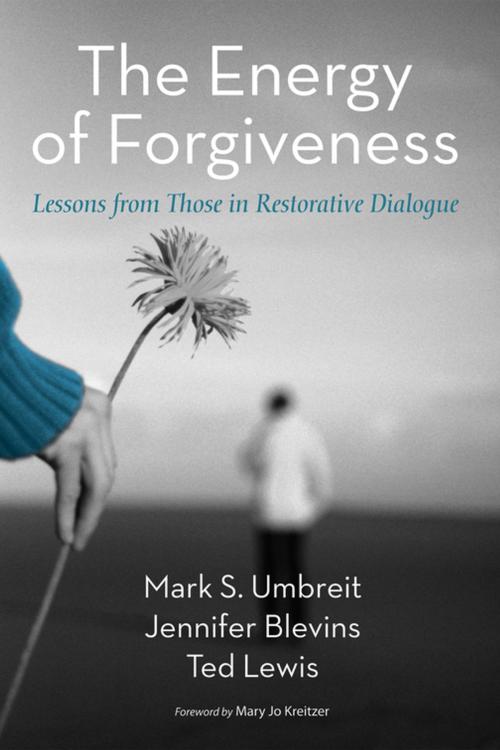The Energy of Forgiveness
Lessons from Those in Restorative Dialogue
Nonfiction, Religion & Spirituality| Author: | Mark S. Umbreit, Jennifer Blevins | ISBN: | 9781498236485 |
| Publisher: | Wipf and Stock Publishers | Publication: | July 15, 2015 |
| Imprint: | Cascade Books | Language: | English |
| Author: | Mark S. Umbreit, Jennifer Blevins |
| ISBN: | 9781498236485 |
| Publisher: | Wipf and Stock Publishers |
| Publication: | July 15, 2015 |
| Imprint: | Cascade Books |
| Language: | English |
Forgiveness is a profound, life-changing experience for many people who have been hurt by others. But forgiveness is paradoxical in that if one relies on forgiveness language or if others prescribe it as an expectation, the depth of that experience can be significantly compromised. By the same token, many people experience deep forgiveness without ever using the language of forgiveness. Most of the stories in this book testify to how forgiveness is experienced primarily as an inner unburdening of negative emotions, a process that is aided by safe, facilitated dialogue with the offending party. New research on the benefits of forgiveness is on the rise these days, yet there is often little narrative to show the power of forgiveness. The authors present more than twelve case studies that led up to restorative dialogue processes where parties chose to meet together. Whether the case involves the murder of a loved one, a burglary, or the buildup of workplace tensions, a common pattern emerges: as both parties encounter the true humanity of the other person, the negative energy stemming from the offense is transformed into a positive energy that gives both parties a deep inner peace and new freedom.
Forgiveness is a profound, life-changing experience for many people who have been hurt by others. But forgiveness is paradoxical in that if one relies on forgiveness language or if others prescribe it as an expectation, the depth of that experience can be significantly compromised. By the same token, many people experience deep forgiveness without ever using the language of forgiveness. Most of the stories in this book testify to how forgiveness is experienced primarily as an inner unburdening of negative emotions, a process that is aided by safe, facilitated dialogue with the offending party. New research on the benefits of forgiveness is on the rise these days, yet there is often little narrative to show the power of forgiveness. The authors present more than twelve case studies that led up to restorative dialogue processes where parties chose to meet together. Whether the case involves the murder of a loved one, a burglary, or the buildup of workplace tensions, a common pattern emerges: as both parties encounter the true humanity of the other person, the negative energy stemming from the offense is transformed into a positive energy that gives both parties a deep inner peace and new freedom.















